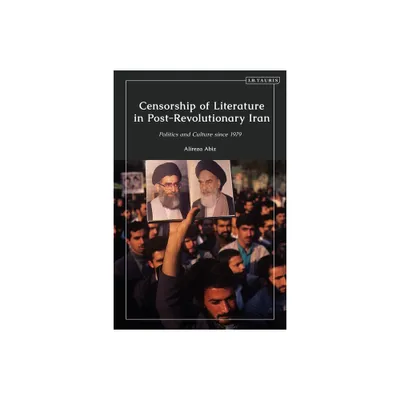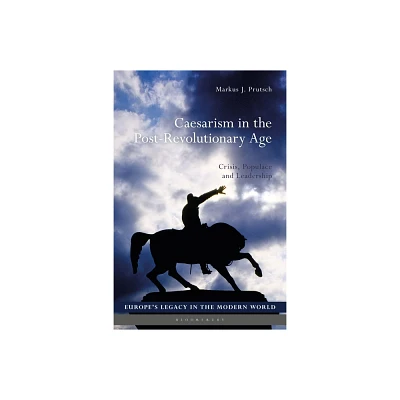Home
Negotiating Love in Post-Revolutionary Nicaragua: The role of love in the reproduction of gender asymmetry
Loading Inventory...
Barnes and Noble
Negotiating Love in Post-Revolutionary Nicaragua: The role of love in the reproduction of gender asymmetry
Current price: $98.75


Barnes and Noble
Negotiating Love in Post-Revolutionary Nicaragua: The role of love in the reproduction of gender asymmetry
Current price: $98.75
Loading Inventory...
Size: OS
*Product Information may vary - to confirm product availability, pricing, and additional information please contact Barnes and Noble
This book explores the issue of love and its place in the reproduction of gender asymmetry in Nicaragua. The theme is discussed in the context of specific religious and work practices, living arrangements, gender values and norms, and the gender practices and legislation of the Sandinista revolution.
The study uses lifeworld phenomenology as its theoretical approach, placing people's own experience center stage. Therefore, a case study of the Esperanza sewing cooperative is presented, built on life stories, interview materials and participant observation with the cooperative women and their husbands. The material and discursive practices and emotional experiences of men and women are examined in this particular socio-cultural setting. How do we account for the highly unequal bargains the women strike with their husbands, accepting large material responsibilities and time-share love even if they experience this as emotionally hurtful? The study testifies to women's autonomy in family maintenance and religious practices, an autonomy which seems to falter in the fields of love and sexuality; some of the men and women, however, negotiate subtle changes in gender norms and values.
The study uses lifeworld phenomenology as its theoretical approach, placing people's own experience center stage. Therefore, a case study of the Esperanza sewing cooperative is presented, built on life stories, interview materials and participant observation with the cooperative women and their husbands. The material and discursive practices and emotional experiences of men and women are examined in this particular socio-cultural setting. How do we account for the highly unequal bargains the women strike with their husbands, accepting large material responsibilities and time-share love even if they experience this as emotionally hurtful? The study testifies to women's autonomy in family maintenance and religious practices, an autonomy which seems to falter in the fields of love and sexuality; some of the men and women, however, negotiate subtle changes in gender norms and values.

















